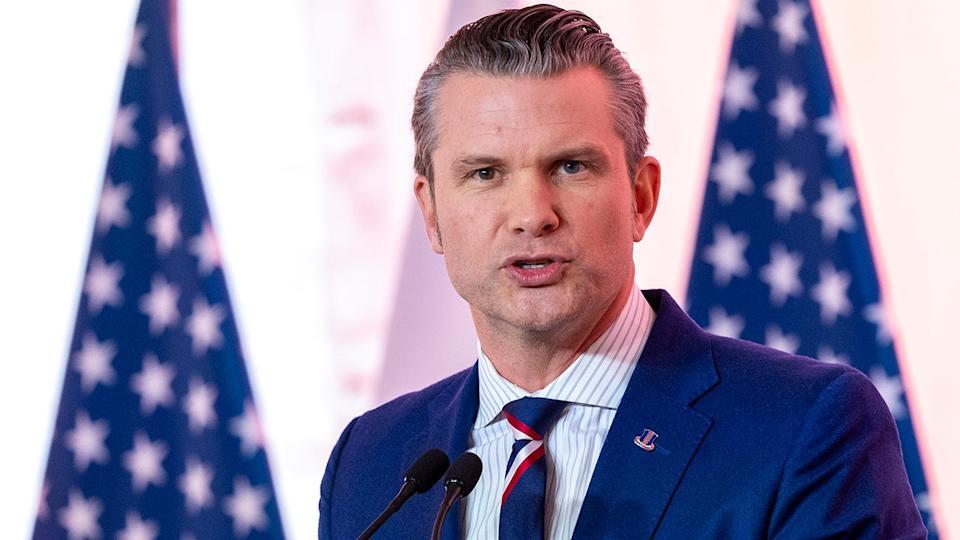
In a decisive move that signals a shift in how the U.S. military handles its technological and operational support, the Pentagon has canceled $5.1 billion worth of IT service contracts with several major consulting and technology firms, including industry giants Accenture and Deloitte.
The decision, announced by Secretary of Defense Pete Hegseth, is being touted as a bold initiative aimed at cost-cutting, boosting internal competency, and reducing the Department of Defense’s reliance on outside consultants.
A Shift Toward Self-Sufficiency
Labeling the canceled contracts as “non-essential,” Secretary Hegseth stated that Pentagon personnel are more than capable of managing many of the duties previously outsourced to external firms. “We believe in the strength and capacity of our internal teams,” he said in a press briefing. “This move will enhance our operational independence while reinforcing fiscal discipline.”

By trimming down external service contracts, the Department of Defense expects to save nearly $4 billion, a significant chunk of taxpayer dollars that will now be reallocated to strengthen core military operations and workforce development. Hegseth added that this change will also reduce bureaucracy, speed up internal processes, and foster innovation from within.
The Firms Affected
Among the companies impacted are Accenture and Deloitte, two firms that have long provided IT support and digital transformation services to various government agencies. These services included systems integration, data analytics, cybersecurity advisory, and cloud migration support. While some elements of these partnerships may continue on a much smaller scale, the majority of the slated IT work will now be managed by in-house teams.
Neither Accenture nor Deloitte has issued a formal statement yet, though industry analysts say the move may prompt a reassessment of private sector involvement in federal IT contracts moving forward.
Broader Push for Reform
The cancellation is part of a larger Pentagon initiative to streamline operations, cut redundant spending, and prioritize strategic modernization. Over the past year, the Department of Defense has faced increasing scrutiny over bloated budgets and inefficient contractor management. Lawmakers and watchdog groups have criticized the Pentagon for outsourcing tasks that could feasibly be handled by government employees, often at a much lower cost.
“We are not anti-contractor,” Hegseth clarified. “But we are pro-efficiency and pro-accountability. This is about smart governance, not just slashing for the sake of slashing.”
Implications for the Defense Industry
This shake-up could send ripples throughout the defense contracting world. As one of the largest consumers of IT and consulting services globally, the Pentagon’s decision may inspire other federal agencies to reevaluate their own outsourcing strategies.
It also comes at a time when the tech consulting industry is facing a slowdown in federal spending amid broader economic uncertainty. Companies that have relied heavily on government contracts will likely need to diversify or pivot to private sector clients.
Building a Stronger, Leaner Defense Department
Hegseth’s strategy aligns with his broader vision of a more agile, accountable, and self-sufficient Pentagon. He has consistently voiced the importance of internal empowerment, especially in areas such as cyber defense, digital transformation, and operational planning.
In support of this pivot, the Pentagon plans to invest in retraining and upskilling its existing IT workforce, creating new roles for civilian specialists, and expanding recruitment programs to attract tech-savvy professionals directly into government service.
What’s Next?
While the decision marks a major transformation in the Pentagon’s approach to contract management, defense officials have made it clear that this is only the beginning. Future reviews are expected to assess additional areas where outsourcing can be reduced without compromising mission-critical functions.
As the Pentagon trims the fat and sharpens its focus, the message is clear: accountability, efficiency, and capability must come from within.



